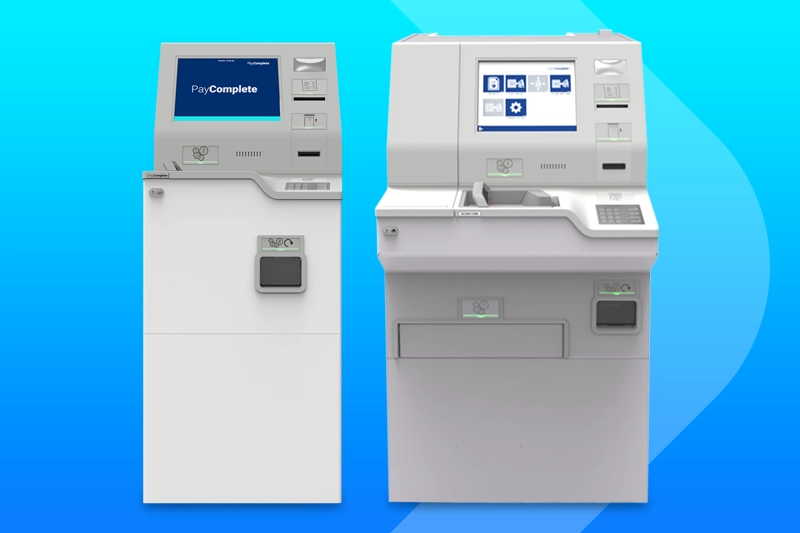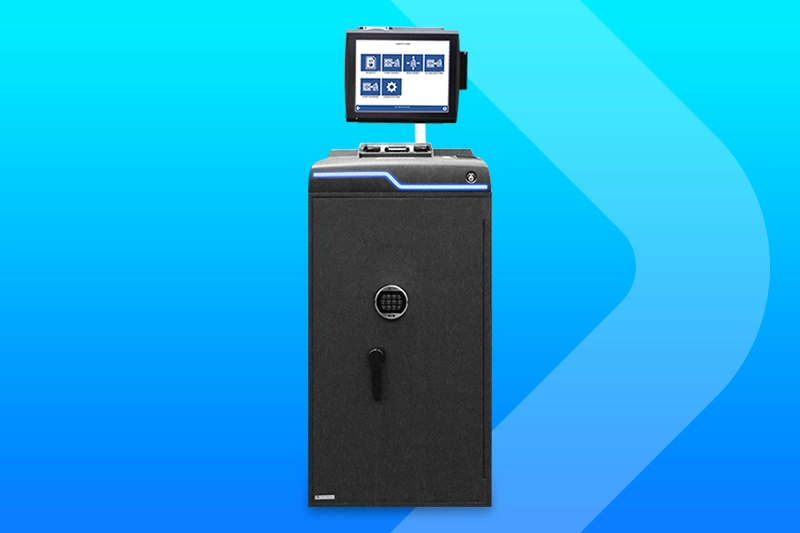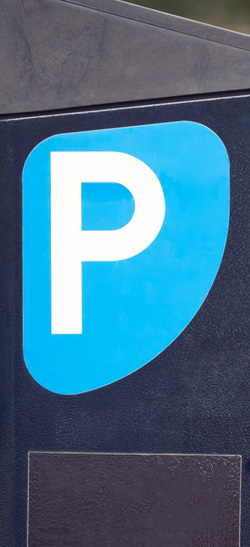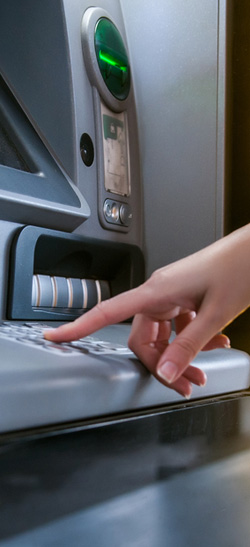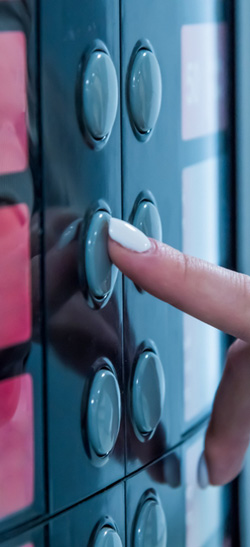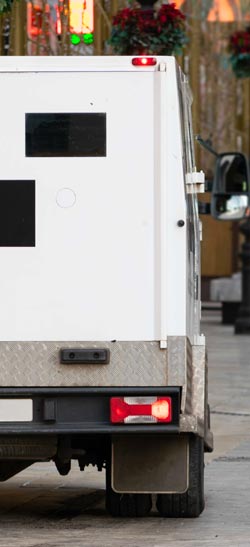A coin sorting machine is a vital tool for businesses and financial institutions that deal with large volumes of coins on a daily basis.
Unlike coin counting machines, which simply tally the total value of mixed coins, this type of coin machine takes cash handling to the next level by physically organising and separating coins based on their denominations.
This blog delves into the intricacies of coin sorters, their functionality, and their significance in cash management.
What is a Coin Sorter?
A coin sorter is a machine designed to sort and organise coins into different compartments or tubes based on their denomination.
These machines come in various sizes and capacities, ranging from small desktop models suitable for retail establishments to large-scale units used in banks and cash processing centres.
The primary purpose of a coin sorter is to streamline the process of counting and handling coins, saving time and reducing errors associated with manual sorting.
PayComplete offers state-of-the-art coin sorting machines that not only enhance efficiency but also incorporate advanced security features to detect counterfeit coins during the sorting process. Our machines are engineered to handle high volumes, providing businesses and financial institutions with reliable and secure coin processing solutions.
Coin Sorters vs Coin Counters
While the names coin sorters and coin counters are often used interchangeably, they serve different purposes in cash handling operations.
A coin counting machine is a device that simply counts the value of mixed coins fed into them. These devices are useful for quickly determining the total amount of loose change without the need for manual counting. They will use attributes such as coin size and thickness to calculate the value of the coin.
However, they do not sort coins, they remain entirely mixed up after they have been counted.
On the other hand, coin sorters not only count coins but also physically separate them into different compartments or tubes based on their denomination. This sorting functionality is crucial for businesses that require organised cash drawers or need to prepare a coin roll for banking.
By sorting coins automatically, coin sorters eliminate the need for manual sorting, saving time and reducing the risk of errors.
How Coin Sorters Work
Coin sorters employ various methods to sort and organise coins effectively. Here’s a breakdown of the typical process involved:
Feeding
Coins are poured into a hopper or tray located on the machine.
Some more advanced models may have automatic feeding mechanisms to streamline the process further.
Sorting
Once the coins are in the machine, the sorting mechanism comes into play.
Coin sorters use a combination of techniques and sensors to determine size, weight, thickness, and electromagnetic properties to identify and separate coins based on their denomination. The machines would vary from one country to the next depending upon the currency used.
For example, a sorter in the UK may have different slots or tubes for pound coins, fifty pence pieces and others to accommodate smaller denominations. In the US, the slots would be for pennies or nickels, dimes, and quarters, allowing for different coin sizes and enabling each dime to be sorted accurately.
Coin sorting machines are a very fast and more efficient way to process cash compared to sorting coins manually.
Counting
While sorting coins, some coin sorters also count them simultaneously. This feature provides businesses with not only sorted coins but an accurate count of each denomination inserted.
Counting further enhances efficiency and eliminates the potential risk of human error in the process of calculating its value.
Dispensing
After sorting and counting, the coin sorter dispenses the different types of sorted coins into designated compartments, tubes, or bags, ready for use. The money will often then be placed into bags and taken to the bank as deposits paid into a business account.
The bank would have its own coin counting machine and verify the value of deposits so eliminating human error will save time at the bank. This can be especially valuable if you are dealing with large amounts of money.
PayComplete’s Coin Sorting Machines
Not all coin sorting machines work the same – and they are not all created equal.
PayComplete offers state-of-the-art coin sorting machines designed to meet the diverse needs of businesses and financial institutions. Our coin sorters are equipped with advanced sorting and additional features, ensuring accurate cash handling and efficient money management processes in your business.
The coin sorting machines can provide businesses with a seamless cash handling experience, allowing you to save time and reduce errors associated with manual coin sorting.
Much has changed in recent years in terms of how technology can be applied to cash management. Today, coin sorting machines can operate as part of a fully integrated cash estate across a business using sensors to monitor the movement of money and deliver real-time reporting.
Conclusion
Cash counting machines have revolutionised cash management, offering businesses unparalleled speed, accuracy, and security. By automating counting and incorporating counterfeit detection, these machines reduce errors, improve efficiency, and safeguard financial transactions.
Whether handling banknotes or coins, investing in the right money counter can streamline operations and enhance financial control.
As cash remains a vital part of the economy, businesses must stay ahead with reliable cash-handling solutions.
Explore PayComplete’s advanced Cash Counters and CashTech solutions today to optimise your cash management process and protect your business from fraud. Contact us now to find the perfect solution for your needs!
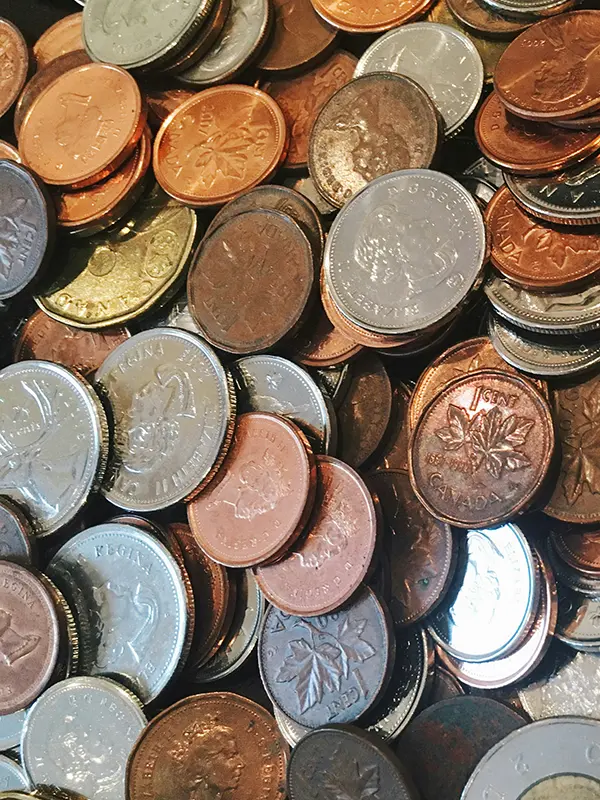
Related Posts


